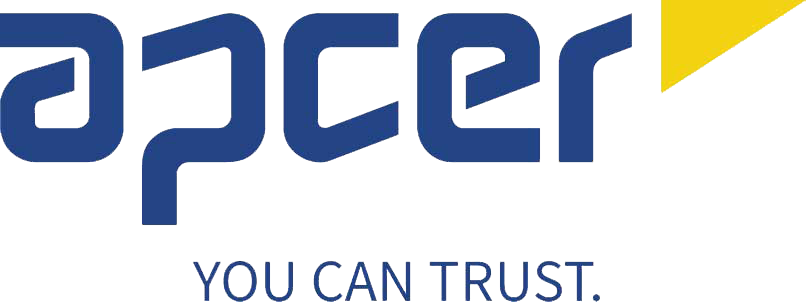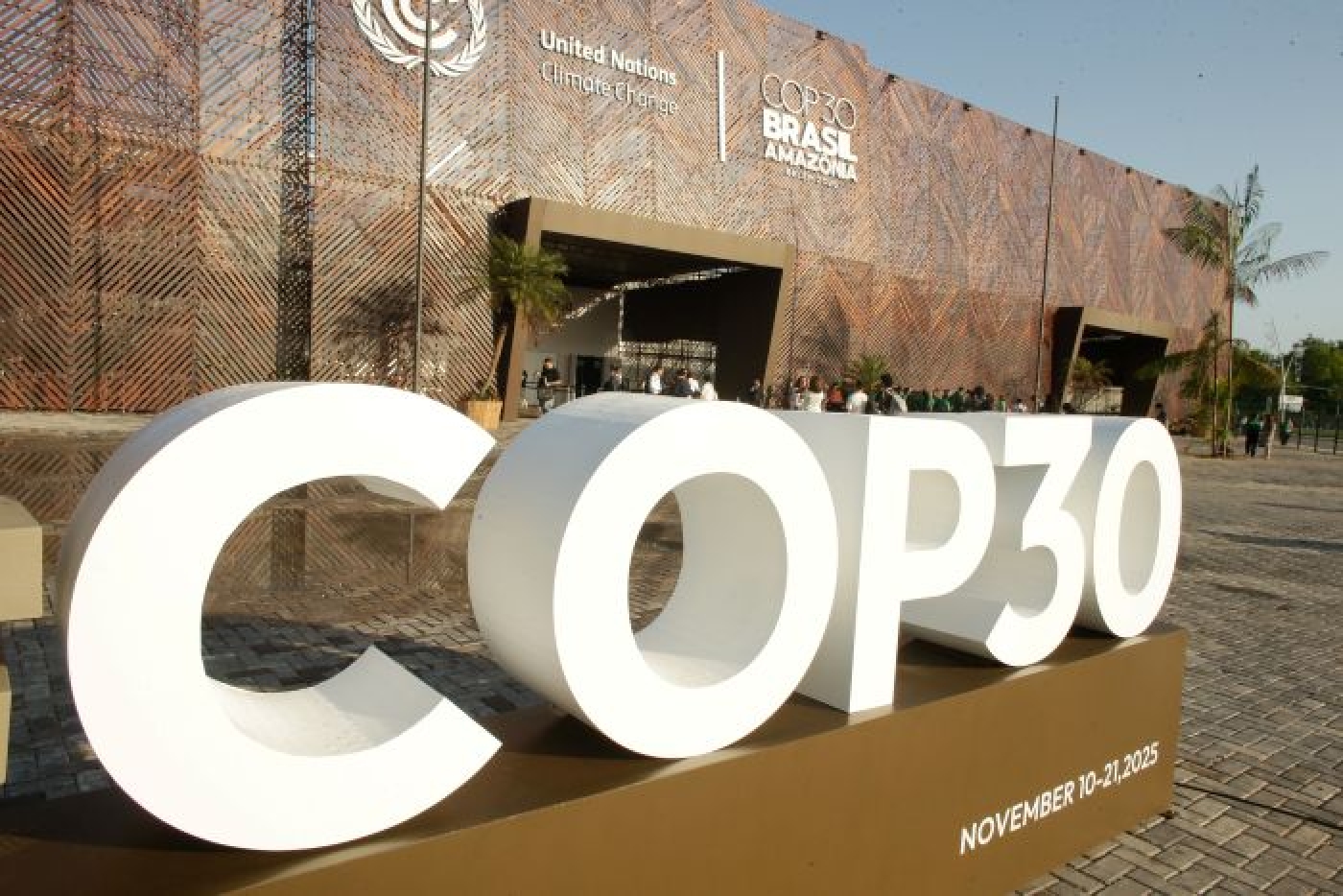The London Declaration to combat climate change through standards was approved by all ISO Member Bodies at the General Assembly in 2021 and defines ISO's commitment to achieving the global climate agenda by 2050.
Recently, at the ISO annual meeting, Resolution 75/2023 of the TMB was approved to confirm the work carried out by the Joint Technical Coordination Group on Management Systems Standards (JTCG) over the last two years to revise Appendix 2 of Annex SL (Harmonized Framework for Management Systems Standards, with guidance for use).
The Harmonized Structure provides the identical clause numbers, clause titles, text and common terms and core definitions to be used by all management system standards within the ISO portfolio. These include standards such as ISO 9001 (for Quality Management), ISO/IEC 27001 (Information Security), ISO 14001 (Environmental), ISO 45001 (Occupational Health and Safety) and ISO 50001 (Energy Management) among many others.
The ISO Resolution approved the additional wording (below in italics) that is intended to put a spotlight on climate change and will be incorporated within all ISO MSS as a matter of urgency.
4.1 Understanding the organization and its context
The organization shall determine external and internal issues that are relevant to its purpose and that affect its ability to achieve the intended result(s) of its XXX management system.
Added: The organization shall determine whether climate change is a relevant issue.
4.2 Understanding the needs and expectations of interested parties
The organization shall determine:
• the interested parties that are relevant to the XXX management system.
• the relevant requirements of these interested parties.
• which of these requirements will be addressed through the XXX management system.
Added: NOTE: Relevant interested parties can have requirements related to climate change.
What this means for organizations that have implemented one or more management system standards
Millions of organizations have implemented or are certified to one or more of ISO’s MSS across a wide range of economic sectors, in various types and sizes of organizations operating in diverse geographical, cultural, and social conditions. Supporting the governance of an organization and providing confidence in its activities is what management system standards do, and climate change is an issue that can impact many different facets of an organization; from supply chains, employee health and safety, resource or energy availability and usage, business continuity and resilience, asset management and meeting customer, consumer and contractual requirements and other expectations from relevant interested parties.
A common misconception is that climate change considerations are limited to organizations that have chosen to implement an environmental management system such as ISO 14001. In fact, most organizations are likely to be affected by climate change in one way or another and may need to adapt to it in order to continue to meet their objectives and fulfil their strategic purpose. Organizations may also choose (or be required by relevant interested parties) to take action to mitigate climate change as part of their operations. Both of these elements (climate change adaptation and climate change mitigation) are now addressed in the Harmonized Structure.
For users of management system standards, determining the issues that are relevant to their scope and purpose is not a new requirement. Many organizations may have already thought about how climate change can affect their business and determined whether or not it is a relevant issue that needs to be addressed within their particular context. This will in turn have fed into their policies and objectives and been actioned/deployed as part of their risk and opportunity management processes.
For organizations that are only now beginning to understand how climate change adaptation and mitigation might affect their operations, this change in the text of the Harmonized Structure will serve as a “wake-up call” or reminder.
Climate change adaption and mitigation will now be placed very firmly on the radar screen of millions of organizations around the world as one of many issues within their context considerations that are relevant to their ongoing resilience, sustainability, and success.
Source: Nigel Croft, JTCG Chair, Dick Hortensius, JTCG Secretary, Sam Somerville, TC176/SC2 Chair and Mark Schuessler















